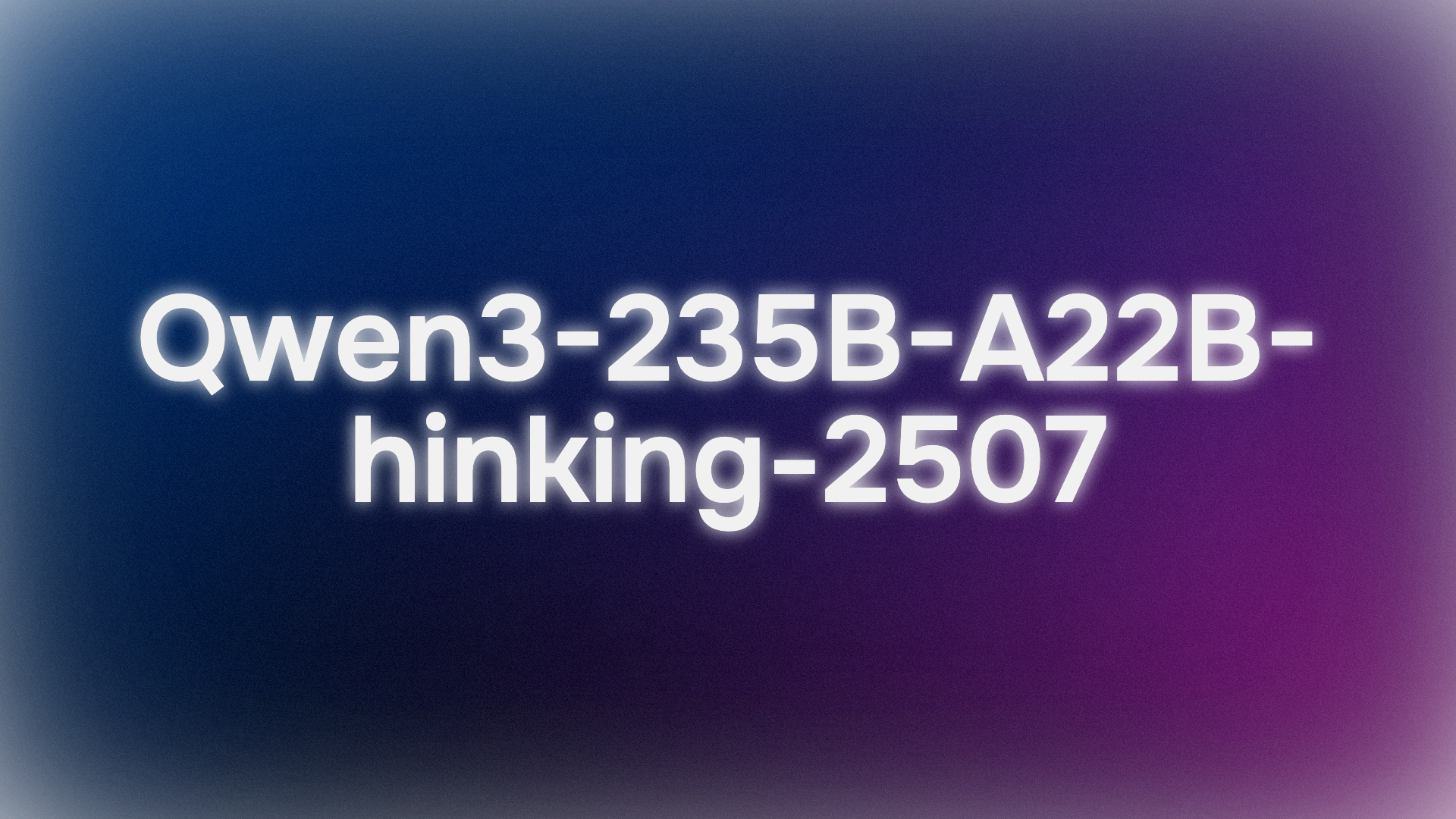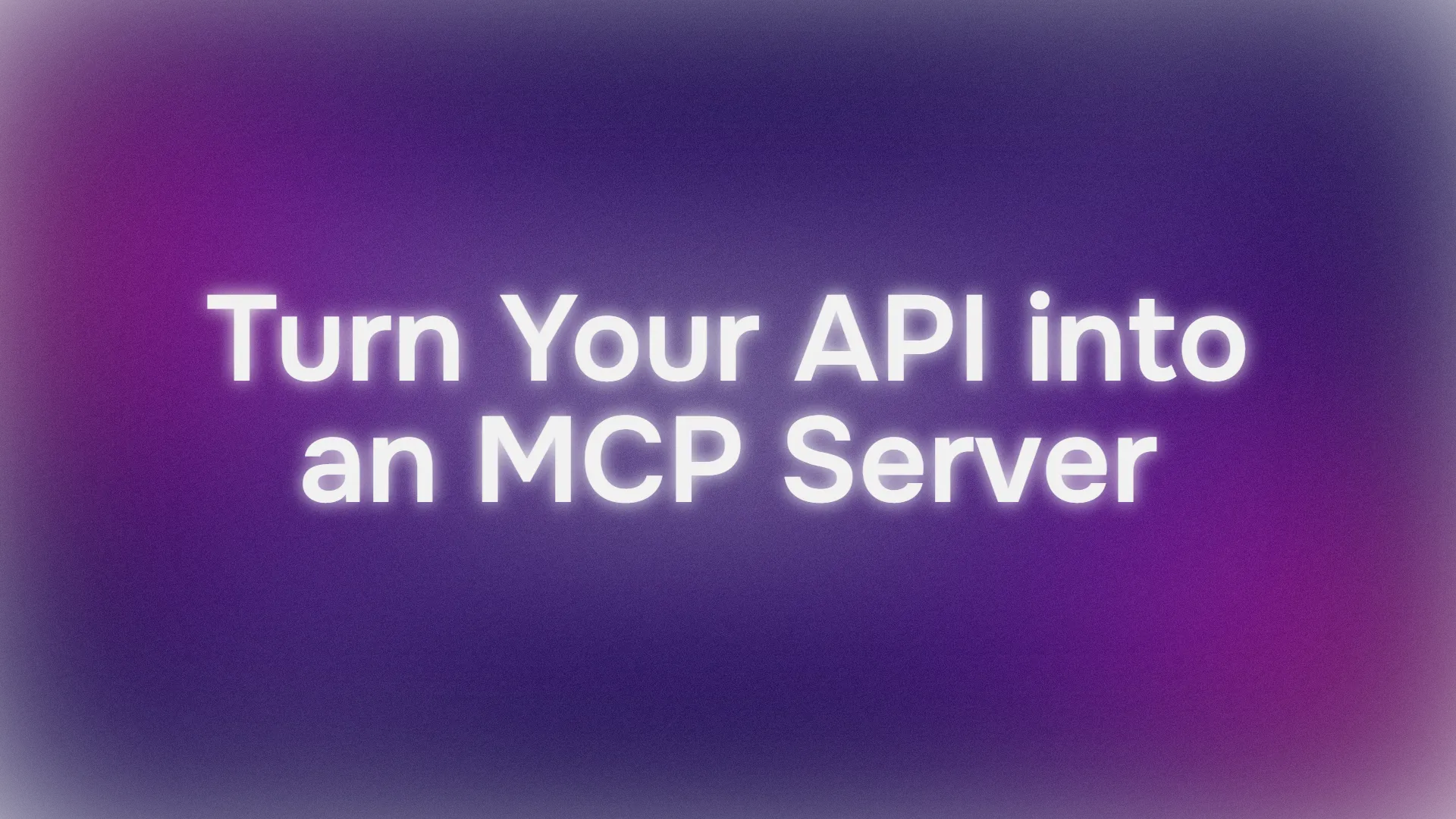When it comes to building sleek and responsive web applications, developers often find themselves at a crossroads, choosing the right tools and libraries to get the job done. One such tool that's been making waves in the UI development world is shadcn-ui. If you haven't heard of it yet, don't worry—this post is here to guide you through what shadcn-ui is, how it works, and why it might be your next go-to library for UI development.
Now, let's get back to exploring shadcn-ui.
What is shadcn-ui?
At its core, shadcn-ui is a modern UI library designed to simplify the development process by providing a set of pre-built, highly customizable components. Whether you're building a small personal project or a large-scale enterprise application, shadcn-ui offers a comprehensive suite of tools that can help you create visually appealing and highly functional user interfaces.
But what sets shadcn-ui apart from other UI libraries out there? The answer lies in its flexibility and focus on customization. Unlike some libraries that impose strict design patterns and styles, shadcn-ui gives you the freedom to tailor components to your specific needs without sacrificing performance or consistency.

Why Choose shadcn-ui?
There are plenty of UI libraries available, so why should you consider shadcn-ui? Let's look at some key features that make this library stand out:
Ease of Use: shadcn-ui is designed with developers in mind. Its components are intuitive and easy to implement, making the development process smoother and faster.
Customizability: One of the biggest strengths of shadcn-ui is its flexibility. You can easily customize components to fit your project's unique requirements without getting bogged down in complex configurations.
Performance: Performance is a critical factor in any UI library, and shadcn-ui doesn't disappoint. It’s optimized for speed, ensuring that your applications run smoothly even with complex UIs.
Rich Component Library: shadcn-ui offers a wide range of pre-built components, from basic buttons and forms to more complex elements like modals and carousels. This comprehensive library ensures that you have all the tools you need to build any kind of UI.
Active Community and Support: With a growing community of developers, finding help and resources is easy. The active community ensures that the library is continuously updated and improved.
Getting Started with shadcn-ui
If you're excited to give shadcn-ui a try, getting started is a breeze. The library is designed to integrate seamlessly with modern front-end frameworks, making it easy to incorporate into your existing projects.
Installation
First, let's start by installing shadcn-ui. It's important to note that this isn't a typical component library. Instead, it's a collection of reusable components that you can directly copy and paste into your applications.
What does it mean that it's not a component library? Unlike traditional component libraries, you don't install shadcn-ui as a dependency, and it's not available through npm. Instead, you choose the components you need, copy the code into your project, and customize it as necessary. The code is entirely yours to modify. It works with any framework that supports React, such as Next.js, Astro, Remix, Gatsby, and more.

Basic Usage
Using shadcn-ui components in your project is as simple as importing them into your files. For example, let's say you want to add a button to your application. Here's how you can do it:
import { Button } from 'shadcn-ui';
function App() {
return (
<div>
<Button label="Click Me!" onClick={() => alert('Button clicked!')} />
</div>
);
}
And just like that, you've added a fully functional, customizable button to your app!
Customization
One of the standout features of shadcn-ui is its customization capabilities. You can easily tweak the look and feel of components to match your project's design language. For instance, you can customize the button component by passing in custom styles or using shadcn-ui's built-in theming options.
import { Button } from 'shadcn-ui';
function App() {
return (
<div>
<Button
label="Custom Button"
style={{ backgroundColor: 'blue', color: 'white', padding: '10px 20px' }}
onClick={() => alert('Custom Button clicked!')}
/>
</div>
);
}
With just a few lines of code, you've completely changed the appearance of the button to suit your needs.
Deep Dive into shadcn-ui Components
Now that you have a basic understanding of what shadcn-ui is and how to get started, let's take a closer look at some of the key components available in the library. This will give you a better idea of how versatile and powerful shadcn-ui can be for your projects.
Buttons
Buttons are a staple in any UI, and shadcn-ui offers a variety of options. Whether you need a simple text button, an icon button, or a complex button with multiple states, shadcn-ui has you covered. The buttons are not only customizable in terms of style but also in terms of behavior, allowing you to create buttons that react to different states like hover, focus, and active.

Forms
Forms are another critical component in web development, and shadcn-ui simplifies the process with its robust form elements. From input fields and checkboxes to radio buttons and dropdowns, shadcn-ui provides all the building blocks you need to create user-friendly forms. The library also supports validation and error handling, ensuring that your forms are not only functional but also secure and reliable.
Modals
Modals are a great way to display additional content without leaving the current page. shadcn-ui's modal component is easy to implement and highly customizable. You can control everything from the size and position of the modal to its animations and content, making it a versatile tool for enhancing user experience.
Carousels
If you're looking to showcase images or other content in a dynamic, interactive way, shadcn-ui's carousel component is the perfect solution. The carousel is fully responsive and supports various customization options, including transition effects, navigation controls, and autoplay settings.

Navigation
Effective navigation is key to any successful web application, and shadcn-ui offers a range of navigation components to help you build intuitive and user-friendly interfaces. From simple navigation bars and side menus to complex multi-level navigation systems, shadcn-ui provides all the tools you need to guide users through your application.

Cards
Cards are a popular design element for displaying content in a compact, organized manner. shadcn-ui's card component is flexible and easy to use, allowing you to create everything from simple information cards to complex, interactive card layouts.

Tables
Displaying data in a clear and concise manner is crucial for many applications, and shadcn-ui's table component makes it easy to present information in a user-friendly format. The table component supports features like sorting, filtering, and pagination, ensuring that your data is both accessible and easy to navigate.

Alerts and Notifications
Keeping users informed is an important aspect of any application, and shadcn-ui offers a range of alert and notification components to help you do just that. Whether you need to display success messages, error alerts, or informational notifications, shadcn-ui provides the tools to create responsive, customizable alerts that grab the user's attention.

Integration with APIs
In today's web development landscape, integrating with APIs is almost inevitable. Whether you're pulling in data from a third-party service or building your own API, shadcn-ui can help you create seamless and efficient interfaces that communicate with your backend.
API Data Display
Displaying data from an API is a common requirement, and shadcn-ui's components make it easy to do so. For example, you can use the table component to display data fetched from an API, complete with sorting and filtering options.
import { useState, useEffect } from 'react';
import { Table } from 'shadcn-ui';
function DataTable({ apiEndpoint }) {
const [data, setData] = useState([]);
useEffect(() => {
fetch(apiEndpoint)
.then(response => response.json())
.then(data => setData(data))
.catch(error => console.error('Error fetching data:', error));
}, [apiEndpoint]);
return (
<Table
data={data}
columns={[
{ header: 'ID', accessor: 'id' },
{ header: 'Name', accessor: 'name' },
{ header: 'Email', accessor: 'email' },
]}
/>
);
}
With this setup, you can easily connect to an API and display the data in a user-friendly format, making your application more dynamic and interactive.
API Interaction
In addition to displaying data, shadcn-ui also makes it easy to interact with APIs. For instance, you can use forms to submit data to an API, and use alerts or notifications to inform users of the success or failure of their actions.
import { useState } from 'react';
import { Form, Button, Alert } from 'sh
adcn-ui';
function SubmitForm({ apiEndpoint }) {
const [formData, setFormData] = useState({});
const [alertMessage, setAlertMessage] = useState('');
const handleSubmit = (e) => {
e.preventDefault();
fetch(apiEndpoint, {
method: 'POST',
headers: {
'Content-Type': 'application/json',
},
body: JSON.stringify(formData),
})
.then(response => response.json())
.then(data => setAlertMessage('Data submitted successfully!'))
.catch(error => setAlertMessage('Error submitting data.'));
};
return (
<div>
{alertMessage && <Alert type="success" message={alertMessage} />}
<Form onSubmit={handleSubmit}>
{/* Form Fields */}
<Button label="Submit" type="submit" />
</Form>
</div>
);
}
This example demonstrates how you can use shadcn-ui to create a form that submits data to an API and provides feedback to the user, enhancing the overall user experience.
Real-World Use Cases
To give you a better sense of how shadcn-ui can be used in real-world projects, let's explore some common use cases where this library can shine.
E-commerce Platforms
E-commerce platforms require a robust and flexible UI to handle everything from product listings and shopping carts to user accounts and checkout processes. shadcn-ui's rich component library and customization options make it an ideal choice for building e-commerce sites that are both functional and visually appealing.
SaaS Applications
Software as a Service (SaaS) applications often involve complex user interfaces with dashboards, data visualizations, and user management features. shadcn-ui's performance and scalability make it a great fit for SaaS applications, ensuring that your UI can grow and evolve alongside your product.
Content Management Systems
Content management systems (CMS) need to be user-friendly and easy to navigate, both for end-users and administrators. shadcn-ui's navigation components, forms, and modals can help you create a CMS that is intuitive and efficient, making it easier for users to manage content and administrators to maintain the system.
Data-Driven Applications
Applications that rely heavily on data, such as analytics tools or CRM systems, require UI components that can handle large datasets and complex interactions. shadcn-ui's table, chart, and form components are well-suited for data-driven applications, providing the tools you need to display, filter, and manipulate data in real-time.
Conclusion: Is shadcn-ui Right for Your Project?
In conclusion, shadcn-ui is a powerful and flexible UI library that offers a wide range of components to help you build modern, responsive web applications. Whether you're working on a small personal project or a large enterprise application, shadcn-ui provides the tools you need to create a user-friendly and visually appealing UI.
With its focus on customization, performance, and ease of use, shadcn-ui is a strong contender for any project where UI design is a priority. If you're looking for a library that can help you create a unique, high-performing user interface without the complexity of some other options, shadcn-ui is definitely worth considering.
And don’t forget, when you're working with APIs in your projects, Apidog can make your life much easier. From design to testing and documentation, Apidog offers a comprehensive solution for all your API needs. Download Apidog for free and start streamlining your API development process today!




